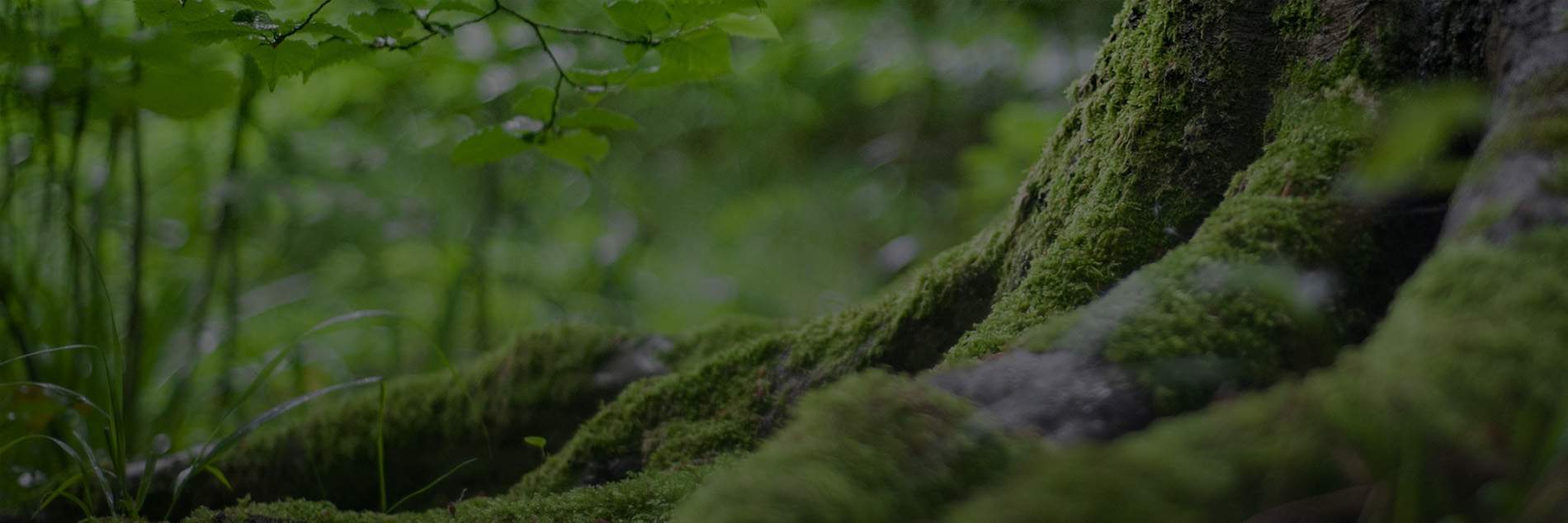Blocked About Meditation? Part 1 of 2

By Amy Scott Grant
The benefits of meditation are clear and have been proven scientifically. Individuals who meditate regularly experience enhanced creativity and brain function, reduced stress, improved physical health and personal/social relationships, and a more developed sense of spirituality. But just because you may be aware of the benefits of this age-old practice doesn’t mean you feel inspired (or even competent) enough to practice it regularly.
For years, I resisted meditation. In fact, I can recall a time when I told a friend, “I’m just going to be quiet for a little while to clear my mind,” to which she responded, “Oh, you’re going to meditate?” and I was quick to correct her “No, no! I’m not going to meditate! I’m just going to be still for a little while.” I had a lot of hang-ups around it, so I couldn’t get myself to really embrace meditation, or at least what I understood meditation to mean.
Sometimes, when we hear the word “meditation” we imagine someone sitting in lotus pose, chanting “om” and keeping the mind devoid of all thought. If you have an active mind like me, that form of meditation can be challenging and even a bit frustrating. Fortunately, there are many forms of meditation and when you find the method that resonates with you, you can quickly discover that meditation is not only easy, it’s fun and delightful.
Personally, I prefer meditation that gives my mind something relaxing to do, or at the very least, gives it the freedom to roam and wander.
Practicing “mindfulness” is an active form of meditation, during which you are meditating while performing tasks that are necessary (albeit boring). For example, you can practice being mindful as you wash or rinse dishes, fold laundry, prepare a meal, eat, shower, etc.
Be Mindful During the Mundane
Have you ever heard this quote? “Before enlightenment: chop wood, carry water. After enlightenment: chop wood, carry water.” One of the things I enjoy about the show “Survivor” is the fact that even though they are playing a game for a million dollars, which means they must be constantly alert and aware of strategy and the social element of the game; even though they are tired and weary from a lack of food and rest, they still must fetch water and tend to the fire and cook their meager daily allotment of rice. In my mind, it keeps a certain “real” element to the reality show.
Even in our modern technology-driven lifestyles, we must shop for food, consume meals, clean our clothing, and tend to our homes. But so often, our minds are elsewhere during these processes. We’re distracted by yakking on the phone, texting, thinking of what we must do next, watching television or listening to talk radio or music, etc.
What if you simply practiced being mindful during these mundane daily tasks?
Since I began the practice of “being mindful during the mundane,” some of my most profitable ideas have come to me while I folded laundry or showered. My intellect takes a break as I focus on the virtually mindless task at hand. While folding laundry, I notice the feel of each piece of fabric in my hand, and I notice any stray threads (without feeling the need to trim or snip them). I let thoughts come and go (perhaps musing how the children have grown, or how the middle one is now wearing the oldest one’s favorite outfits, or recalling assorted memories) and I have no agenda. During this time of mindfulness, I don’t talk on the phone, I don’t text, I don’t think about what I have to do next, I don’t fly through it and do a half-ass job, I just sit and fold or hang the laundry.
And because my mind is at rest during this, wonderful ideas will often pop in most unexpectedly. And as a result, I find laundry folding to be relaxing and therapeutic, as opposed to a dreaded weekly burden.
What tasks must you tend to today, that you could actively choose to perform more mindfully?
If mindfulness during the mundane isn’t your cup of tea, be sure to read part two of this article series to discover two other methods of alternative meditation.


